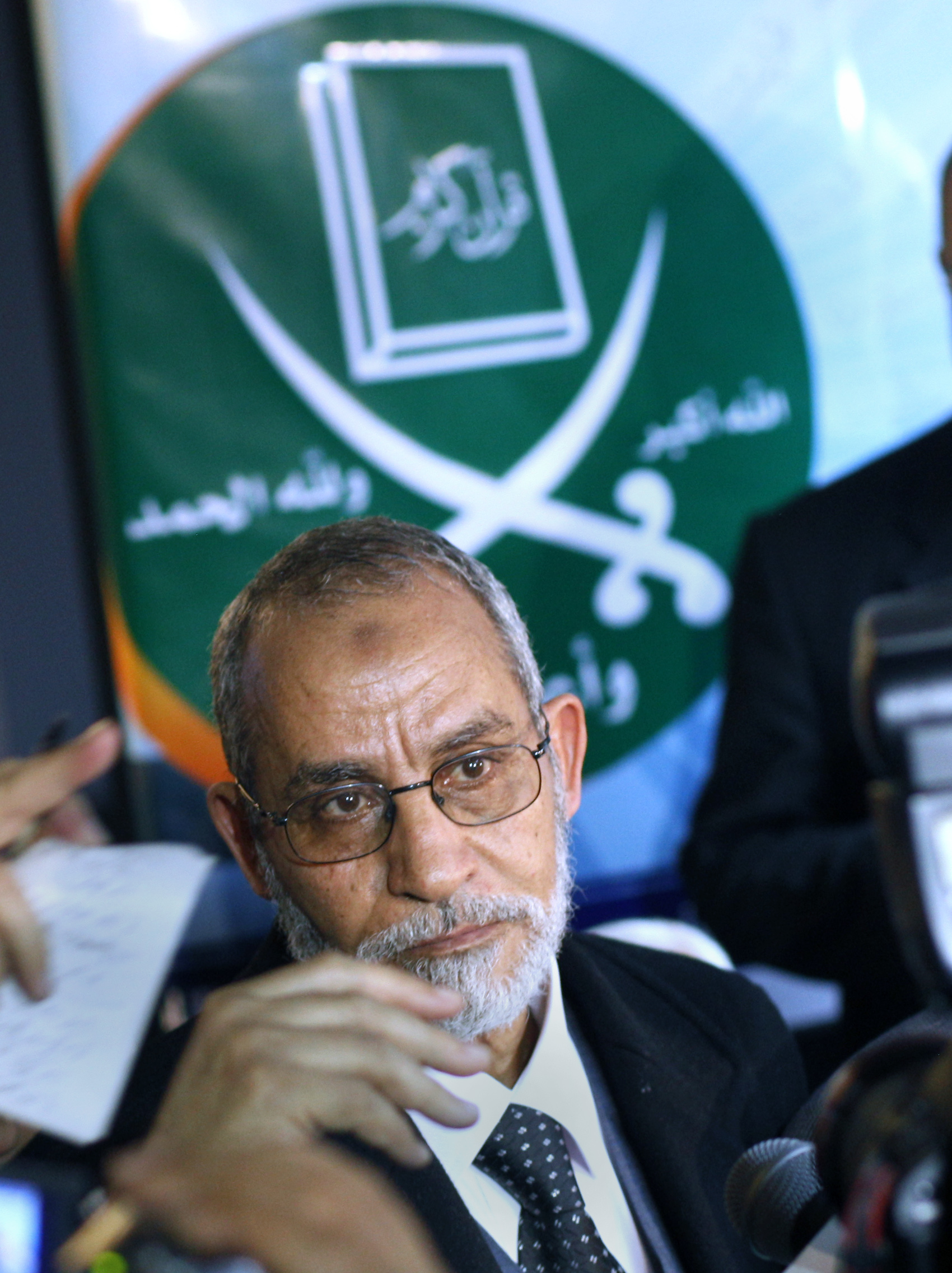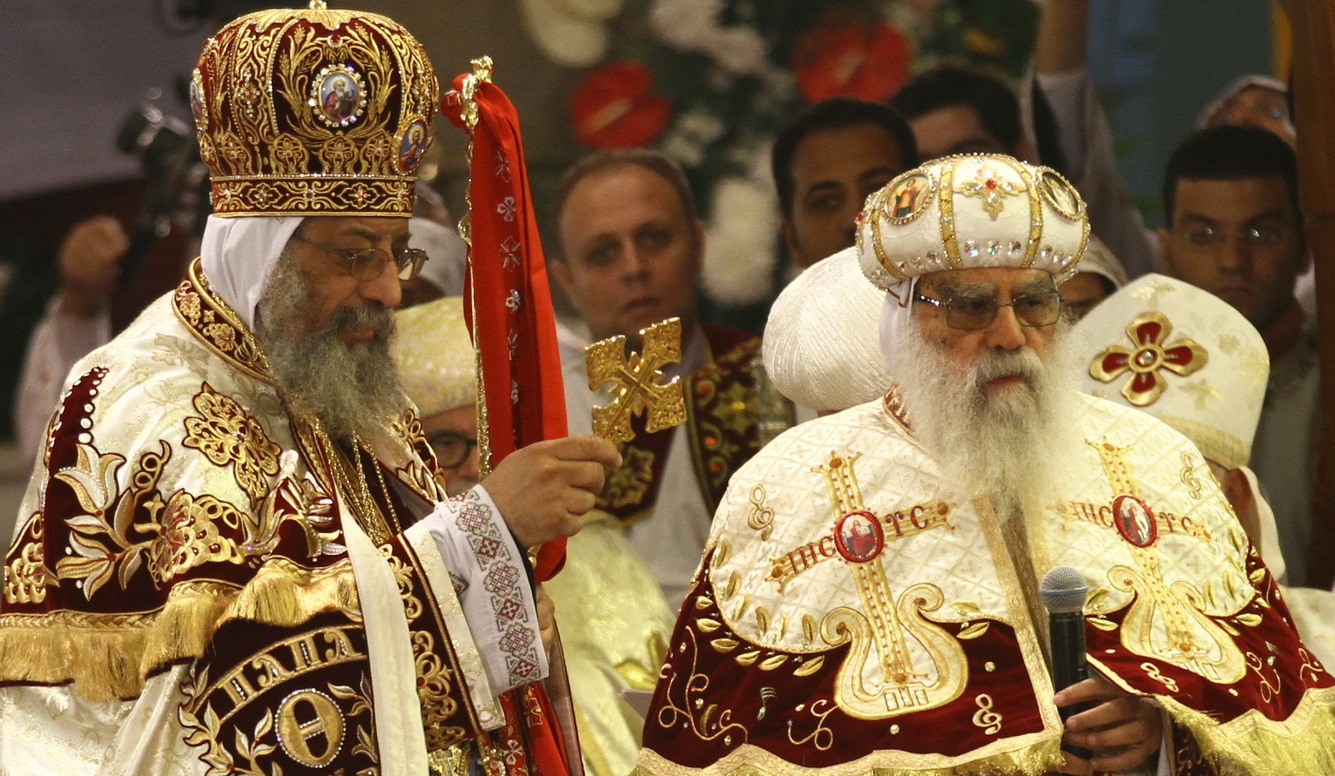The current situation in the Arab World begs the question: Were the “states that came into existence between the two world wars or after World War II states in the real sense of the word according to the definition of a “state by political historians and modern international law, or were they merely contrived phenomena, forced upon these societies?
Did these countries have the components of a full-fledged “state ?
The situation in Iraq, Lebanon and Sudan begs this legitimate question, as would the situation in other countries at other times.
But in the Arab World we’ve gotten used to blaming everything on foreign intervention. It’s the “imperialist conspiracies that are responsible for destroying our countries and breaking down our societies.
This may be partially true, but I do believe that the fault lies mainly on the fact that these “states or “nation states were not built on mature foundations.
In this respect we must sadly admit that the colonialist countries which prevailed at the time were responsible for this.
Through agreements like the Sykes-Picot Agreement, the Balfour Declaration and the support given to the Hussain revolution in Mecca in the early decades of the last century, colonialist powers drew the borders forming Iraq, Syria, Lebanon, Saudi Arabia and later Sudan.
Only now do we realize that tribal, ethnic and religious affiliations are in most cases much stronger than loyalty to the state in its modern sense.
While it is true that many Iraqis, Lebanese and Sudanese passionately lament the destruction of their beloved countries, we cannot ignore the fact that what is happening on the ground tells a completely different story.
The Americans, on the other hand, talk about rebuilding the “state or “nation in Iraq, looking back on previous experiences rebuilding Japan and Germany.
But I believe the case of the Arab World is far more complicated than its counterpart in Europe and Asia and depends to a large extent on the prevailing degree of social and cultural progress as well as the complex historical and religious legacies in each of these countries This so-called rebuilding must be done on a more regional scale since religious and sectarian sentiments go beyond the boundaries of the state.
But what does it all mean?
It means that, politically-speaking, the Arab World is now facing the problems and challenges that were resolved decades ago in Europe and Asia. At the same time the Arab world is also confronting the cultural, scientific and economic challenges of the 21st century. It is a unique and difficult reality for both the Arab World and the foreign forces entangled in it.
Dr. Osama Al-Ghazaly Harb is first deputy of the Democratic Front Party.


